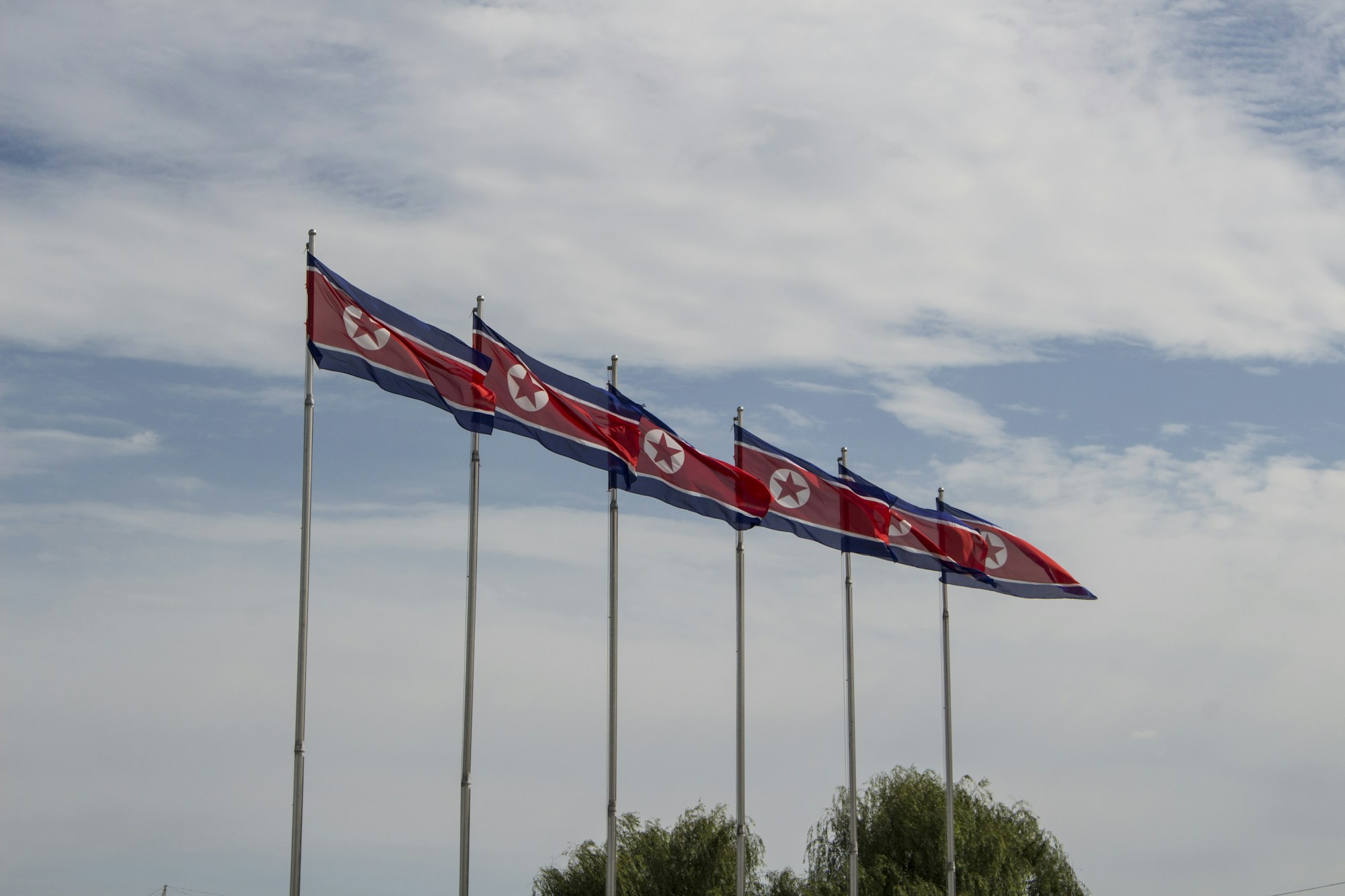Unveiling North Korean Culture & Traditions

Unveiling North Korean Culture & Traditions
Introduction
Welcome to North Korea, a country that offers a unique and mysterious experience to travelers. From its stunning landscapes to its rich cultural heritage, North Korea is ready to captivate your senses. As one of the most isolated countries in the world, visiting North Korea provides a rare opportunity to explore a fascinating land untouched by Western influences.
Geography
North Korea is located on the northern part of the Korean Peninsula in East Asia. It shares borders with China to the north and northwest, and with South Korea along the Korean Demilitarized Zone (DMZ). The country is known for its diverse geography, which includes mountains, plains, and coastal areas. Mount Paektu, the highest peak in North Korea, is a popular destination for hikers and nature enthusiasts. The capital city, Pyongyang, is situated in the southwestern part of the country.
History
North Korea has a rich history that dates back thousands of years. The earliest known civilization in the region was the Gojoseon Kingdom, which existed from the 7th century BC to the 3rd century BC. Over the centuries, North Korea was influenced by neighboring dynasties, including the Chinese and Mongols. In the early 20th century, Japan occupied the Korean Peninsula, leading to a period of Japanese rule that lasted until the end of World War II. After the war, North Korea emerged as a communist state under the leadership of Kim Il-sung, laying the foundation for the country as we know it today.
Culture
North Korean culture is deeply rooted in Confucianism, traditional Korean customs, and the ideology of Juche, which emphasizes self-reliance and independence. The country's cultural traditions can be experienced through its music, dance, art, and literature. Traditional Korean music, known as "gukak," is characterized by its gentle melodies and intricate rhythms. The Arirang Festival, held annually in Pyongyang, showcases traditional dance performances that depict the history and folklore of North Korea. When visiting North Korea, make sure to explore the local museums and art galleries, where you can appreciate the talent and creativity of North Korean artists.
Traditions
North Korea has a number of unique traditions that reflect its cultural heritage. One of the most notable traditions is the celebration of public holidays and events. The birthdays of leaders Kim Il-sung and Kim Jong-il are celebrated with great pomp and grandeur, with parades, performances, and fireworks. The Mass Games, an extravaganza of gymnastics, dance, and music, is another popular tradition that showcases the country's synchronized performances on a grand scale. When visiting North Korea, it's important to respect and participate in these traditions and events to get a true sense of the country's identity and values.
Cuisine
North Korean cuisine is known for its simplicity and emphasis on locally sourced ingredients. Korean traditional dishes like kimchi (fermented cabbage), bulgogi (marinated grilled meat), and bibimbap (mixed rice with vegetables and meat) are staples of the North Korean diet. Seafood, especially fish from the country's coastal areas, is also widely consumed. During your visit, be sure to try Pyongyang naengmyeon, a cold noodle dish that is a local specialty. Dining in North Korea provides an opportunity to taste authentic Korean flavors and experience the local food culture.
Conclusion
A visit to North Korea is an extraordinary journey into a country shrouded in mystery and tradition. From its stunning natural landscapes to its rich cultural heritage, North Korea offers a truly unique travel experience. Remember to approach your visit with an open mind and respect for the country's customs and traditions. Prepare to be enchanted by the beauty of this isolated yet captivating destination.
